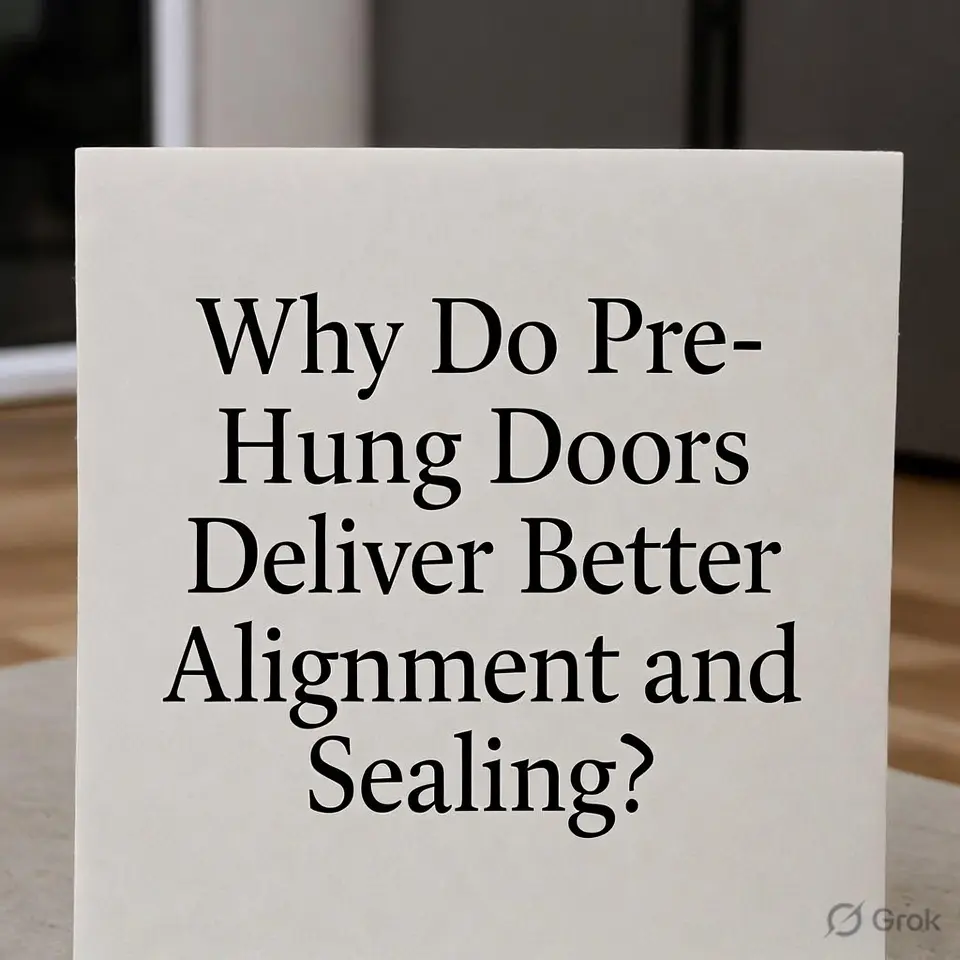The world has changed. People no longer settle in one place for life. Instead, many now seek flexibility, financial freedom, and experiences in different countries. This shift has sparked growing interest in renting over buying, especially among those moving across borders. According to the latest news, international relocation trends show people choosing leases instead of long-term property investments. If you’re thinking about relocating, don’t follow outdated paths. Ask better questions. Challenge the old assumption that buying is always better.
Flexibility in a World That Won’t Sit Still
Life abroad rarely unfolds as planned. New jobs, visas, or family changes can shift your direction quickly. When you rent, you can pivot.
Unlike homeownership, renting gives you an exit. You can leave if the job turns sour or the city fails to meet your needs. You won’t lose thousands in taxes, fees, or resale commissions.
Also, some countries place strict limits on foreign buyers. Rules change without warning. Renters avoid that stress entirely.
Consider these reasons why flexible living beats long-term ownership abroad:
- No mortgage means no local loan requirements
- You avoid property taxes in countries where they run high
- Shorter commitments let you test out locations before settling
Renters adapt. Owners wait. Choose the role that gives you power.
Financial Freedom Means Better Choices
Buying a home requires savings, strong credit, and risk tolerance. Many global citizens want to protect their cash, not tie it to a property they may leave behind.
Renting creates breathing room. You can invest in yourself—education, business, or personal growth, you can travel, and you can move for work without worrying about selling.
In many cities, monthly rent costs far less than the total monthly expense of a mortgage. That extra margin gives renters the edge.
People often assume renting wastes money. But what if homeownership locks you into a place that no longer serves you? What if your investment doesn’t grow?
A Smoother Transition When Relocating
Moving across borders comes with stress. Renting removes several layers of it. Foreign home purchases require lawyers, notaries, translators, and endless documentation. Every country does it differently. Even minor mistakes can delay your move for months.
Renting, on the other hand, speeds up the process. You sign a lease, secure housing, and settle in quickly. That’s a smart move for anyone with work or school deadlines.
If you’re starting to plan your relocation, you should also find the best option among many international movers early. The logistics matter. Knowing who handles your possessions gives you peace of mind and more time to focus on where you’ll live. Instead of feeling overwhelmed, you’ll feel prepared.
Renting Over Buying Lets You Study the Market
Few things disappoint expats faster than rushing into a bad purchase. Without deep knowledge of a new city, how do you know which neighborhoods are safe? Which ones have traffic issues? Which areas flood during rainy seasons?
Renting lets you find answers. You can live somewhere, walk the streets, and talk to neighbors. Over time, you’ll spot the real patterns.
Also, housing markets abroad don’t follow the same rules as back home. Property prices can drop or stall. Local buyers might get better rates. Taxes might double overnight. Renters sidestep those risks. Think of the lease as a research tool.
Credit Requirements in a Foreign Country
Many expats arrive with excellent credit in their home countries. That often doesn’t help abroad. Landlords in other nations don’t always accept international credit reports. They prefer local references, income proof, or large deposits.
Because of this, buying a home in a foreign country becomes more complex. Banks may reject mortgage applications without local financial history. Even with savings, approval can take months.
Renting avoids this entirely. Landlords often accept upfront payment or proof of employment instead. That simplifies the process and shortens wait times.
Also, the role of credit score in renting an apartment varies by country. Some places don’t use credit scores at all. Others rely heavily on them. You must research early. That gives you a better chance at securing a good property.
You don’t want to face delays. You don’t want to lose a home you love because of a document gap. Renting helps you stay one step ahead.
Lifestyle Freedom:
Every city has layers. Tourists rarely see them. New residents often miss them too—especially when they lock into long-term ownership too soon.
Renting opens the door to discovery. You can try coastal towns, urban centers, or quiet suburbs. You can live near your job one year and near nature the next.
This freedom creates better choices. It also creates stronger connections to your surroundings. You can learn the local rhythm before committing.
Also, life abroad often evolves fast. You might get a new job or meet someone. You might realize your priorities have shifted. Renters move forward. Owners hesitate. Don’t underestimate that freedom. The ability to leave or stay based on your needs—not property documents—is powerful.
Market Volatility Makes Renting Safer
Housing markets don’t always rise. Some fall fast. Others freeze for years. Global citizens must prepare for uncertainty.
In many countries, taxes change often. Insurance premiums rise. Local governments impose sudden ownership restrictions. These shifts turn a good investment into a burden.
Imagine arriving in a city, buying a home, and then realizing prices have dropped 15% within six months. That’s not rare. That’s reality in some international markets.
With renting over buying, you keep your options open. You maintain control instead of reacting to sudden shifts.
Buying Abroad Isn’t Always a Smart Deal
At first, foreign real estate can seem like a bargain. Photos show wide spaces, sea views, and low prices. But the math often hides deeper costs.
Transfer taxes, agent fees, legal services, and unexpected repairs all add up. If you’re not careful, the home becomes a financial trap.
Also, some nations limit resale rights for foreign owners. Others tie properties to strict visa requirements. These rules don’t appear in glossy listings.
You may see ads for affordable houses for sale, but low sticker prices don’t guarantee long-term value. Ask hard questions. Read the fine print.
Renting, by contrast, allows you to test the waters. You can walk away if the situation changes. That peace of mind matters.
Choose a Smarter Way Forward
Every global citizen faces tough housing decisions. But renting over buying gives you space to think, act, and adjust. It supports financial health, personal freedom, and long-term success. If you want real flexibility, you must plan ahead. If you want to enjoy your time abroad, stay light and stay alert. The old rules don’t apply anymore.
Images used:
https://unsplash.com/photos/white-wooden-framed-glass-window-xlCmFoIS3oE
https://www.pexels.com/photo/a-couple-carrying-boxes-and-plants-7217915
https://unsplash.com/photos/white-printer-paper-on-red-textile-xKmXZ4Fv63w
https://unsplash.com/photos/a-person-holding-a-bunch-of-keys-in-their-hand-Ebj87ehFNNU





